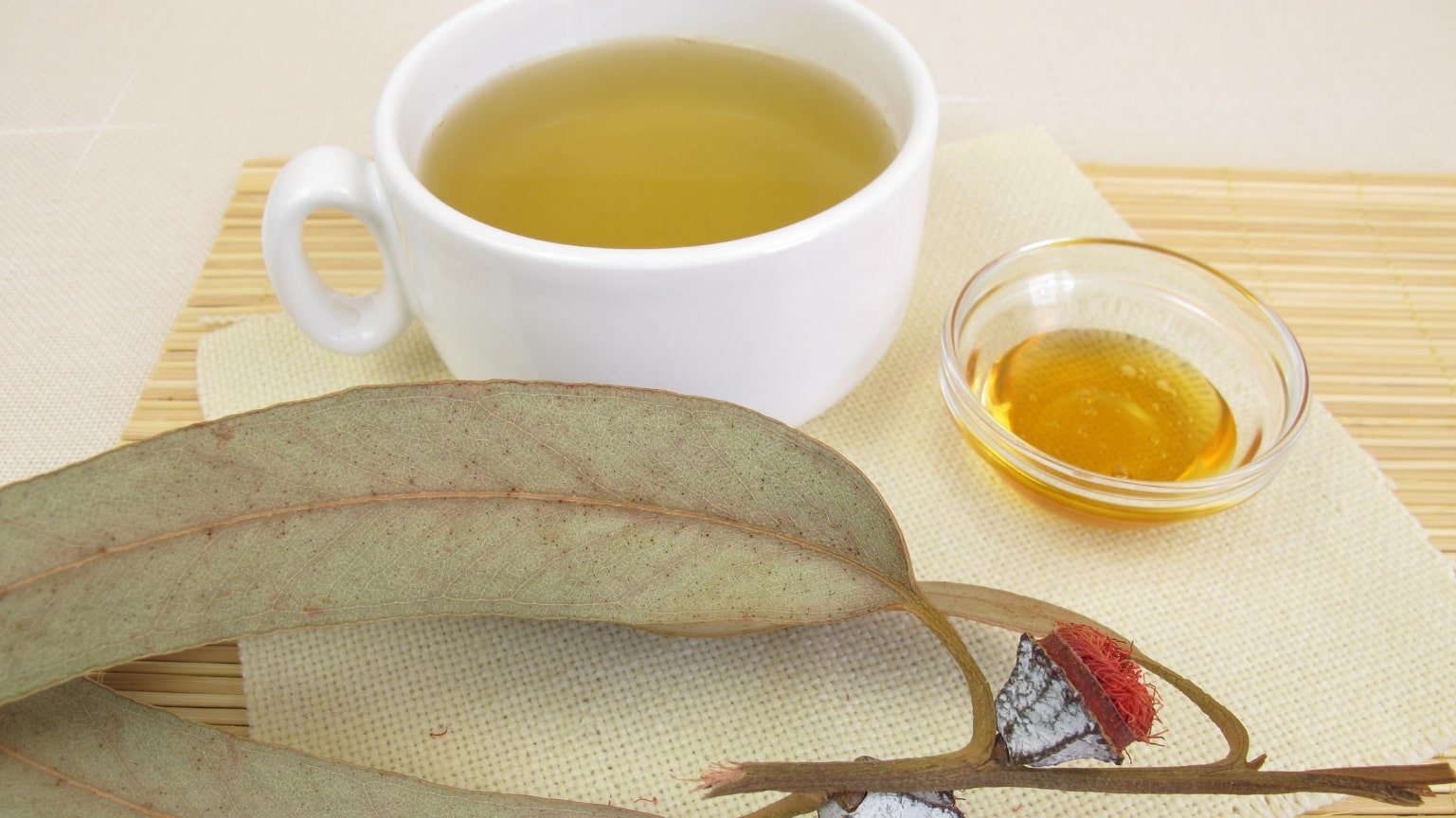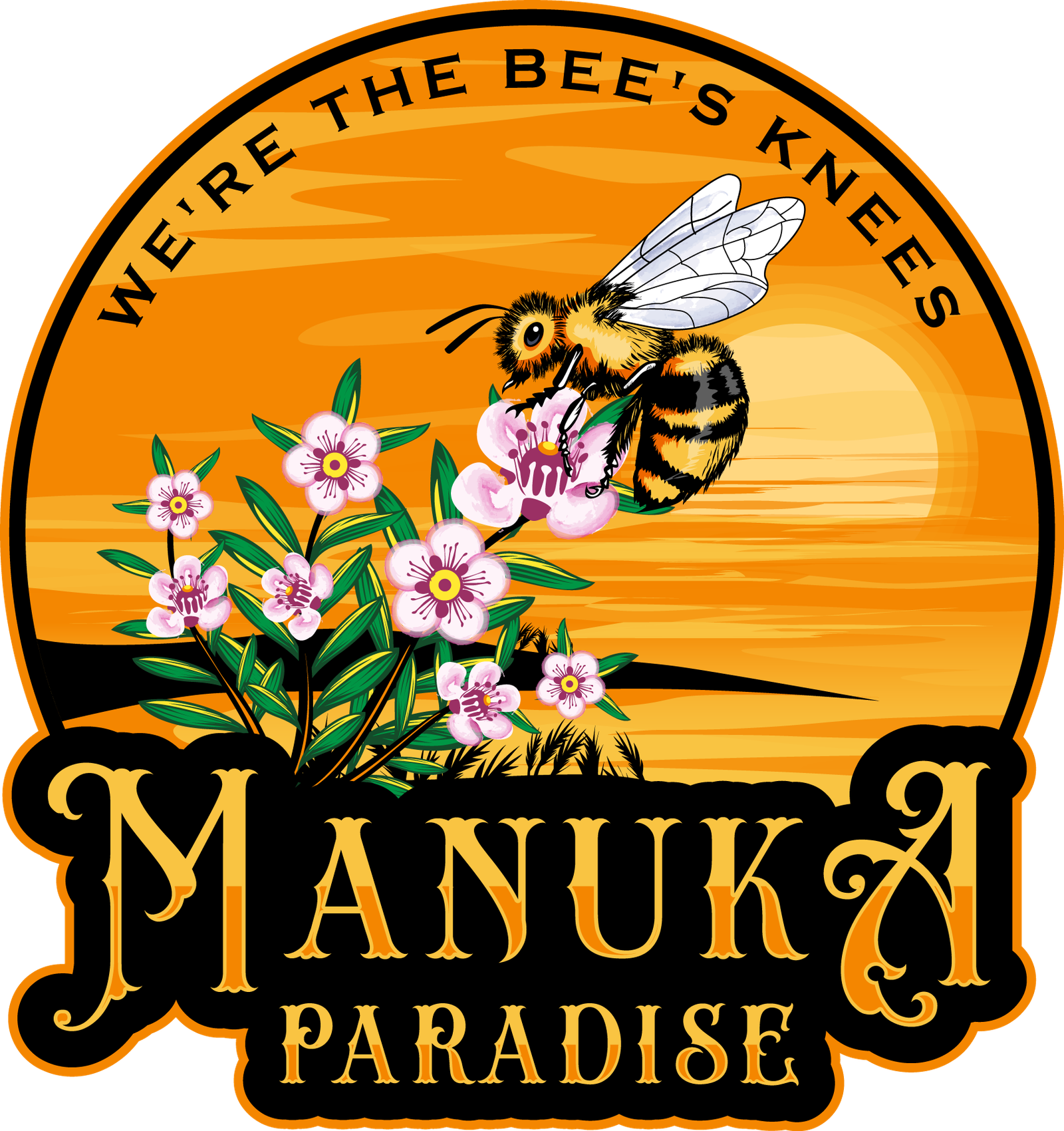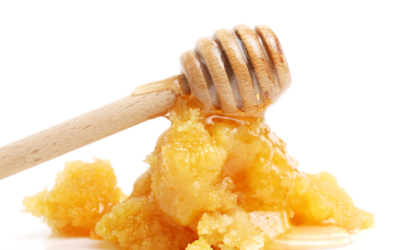
Introduction
Honey, the golden elixir revered across cultures for its medicinal, culinary, and symbolic significance, comes in a multitude of flavors and types. Among these, eucalyptus honey stands out as a unique and intriguing variety, prized for its distinct aroma, flavor profile, and potential health benefits. In this comprehensive exploration, we delve into the origins, properties, uses, and health attributes of eucalyptus honey, uncovering the secrets behind its allure and why it deserves a special place in the world of apiculture and gastronomy.
Origins and Production
Eucalyptus honey originates from the nectar of flowering eucalyptus trees, primarily species within the genus Eucalyptus, native to Australia and widely cultivated in other regions with suitable climates, such as parts of Europe, Africa, and the Americas. These tall, evergreen trees, known for their aromatic leaves and distinctive appearance, produce abundant nectar that bees collect to create honey.
The production of eucalyptus honey follows the standard process of beekeeping, with beekeepers strategically placing hives near eucalyptus groves during the flowering season to maximize honey yield. Bees forage for nectar from eucalyptus blossoms, which they then carry back to the hive to convert into honey through enzymatic processes and evaporation.
Flavor Profile of Eucalyptus Honey
One of the defining characteristics of eucalyptus honey is its rich, complex flavor profile. It typically exhibits a bold, slightly medicinal taste with hints of menthol and a subtle sweetness. The aroma is often described as invigorating and reminiscent of the eucalyptus plant itself, carrying notes of mint and herbs.
The distinctive flavor and aroma of eucalyptus honey stem from the unique chemical composition of eucalyptus nectar, which contains various secondary metabolites, including terpenes and phenolic compounds. These compounds not only contribute to the flavor but also provide potential health benefits, as discussed later.
Eucalyptus Honey Uses in Food
Eucalyptus honey’s bold flavor and aromatic qualities make it a versatile ingredient in the culinary world. It can be used in both sweet and savory dishes, adding depth and complexity to recipes. In baking, eucalyptus honey lends its unique flavor to cakes, cookies, and bread, enhancing their taste and aroma. It can also be drizzled over pancakes, waffles, or yogurt for a delicious breakfast treat.
In savory dishes, eucalyptus honey can be used as a glaze for roasted meats, such as ham or chicken, providing a balance of sweetness and savory notes. It pairs well with cheeses, particularly those with strong flavors like blue cheese, creating a harmonious contrast on cheese platters.
Health Benefits and Medicinal Uses
Beyond its culinary appeal, eucalyptus honey is also valued for its potential health benefits and medicinal properties. Like other types of honey, it possesses antibacterial, antiviral, and anti-inflammatory properties, making it a natural remedy for various ailments.
Eucalyptus honey is often used to soothe sore throats and coughs, thanks to its throat-coating properties and the presence of compounds like cineole, which has expectorant effects. It can be consumed on its own or added to hot tea with lemon for a comforting drink during cold and flu season.
Additionally, eucalyptus honey is believed to have wound-healing properties when applied topically. Its antimicrobial properties help prevent infection, while its humectant qualities aid in maintaining skin moisture, making it a popular ingredient in natural skincare products.
How to Know if Honey is Authentic?
As with all types of honey, ensuring the quality and authenticity of eucalyptus honey is essential for reaping its full benefits. Look for reputable producers who adhere to strict beekeeping practices and avoid processes such as overheating or excessive filtration, which can compromise the honey’s flavor and nutrient content.
Authentic eucalyptus honey should have a rich amber color and a thick, viscous texture. It may crystallize over time, especially if stored at cooler temperatures, but this is a natural occurrence and does not indicate spoilage. To liquefy crystallized honey, simply place the jar in a bowl of warm water until it returns to its liquid state.
Eucalyptus Honey FAQ
What is Eucalyptus Honey good for?
Eucalyptus honey offers a myriad of benefits thanks to its unique properties. Rich in antioxidants, it supports immune health and may aid in fighting off infections. Its natural antibacterial and anti-inflammatory properties make it effective in soothing sore throats and coughs, while its expectorant qualities help alleviate respiratory congestion. Additionally, eucalyptus honey’s wound-healing properties make it a popular choice for topical applications, aiding in the treatment of minor cuts and burns. Its bold flavor and aromatic profile also make it a versatile ingredient in culinary endeavors, adding depth and complexity to both sweet and savory dishes.
Is Eucalyptus Honey as good as manuka honey?
While both eucalyptus honey and manuka honey have unique benefits, they serve different purposes. Manuka honey is prized for its potent antibacterial properties, especially in wound healing, while eucalyptus honey offers antioxidants and soothing effects for respiratory issues like coughs. Each honey type has its own distinct flavor and composition, making them suitable for different needs and preferences.
Is Eucalyptus Honey antibacterial?
Yes, Eucalyptus honey has natural antibacterial properties.
Does Eucalyptus Honey taste different?
Yes, Eucalyptus honey has a distinct flavor profile compared to other types of honey. It typically has a bold, slightly medicinal taste with hints of menthol, along with a subtle sweetness.
Does eucalyptus Honey clean lungs?
Eucalyptus is often associated with respiratory health due to its potential to help clear congestion and support easier breathing. While consuming eucalyptus honey may offer some benefits for respiratory issues like coughs and congestion, it’s essential to consult with a healthcare professional for personalized advice regarding lung health.
Conclusion
Eucalyptus honey, with its distinctive flavor, aroma, and potential health benefits, offers a tantalizing glimpse into the diverse world of honey varieties. From its origins in the nectar of eucalyptus blossoms to its myriad culinary and medicinal uses, this unique honey continues to captivate enthusiasts and health-conscious consumers alike. Whether enjoyed drizzled over a slice of toast or used as a natural remedy for common ailments, eucalyptus honey stands as a testament to the remarkable gifts of the natural world.



